- 346 Posts
- 839 Comments
 1·3 months ago
1·3 months agodidn’t watch but how about what are some small next steps

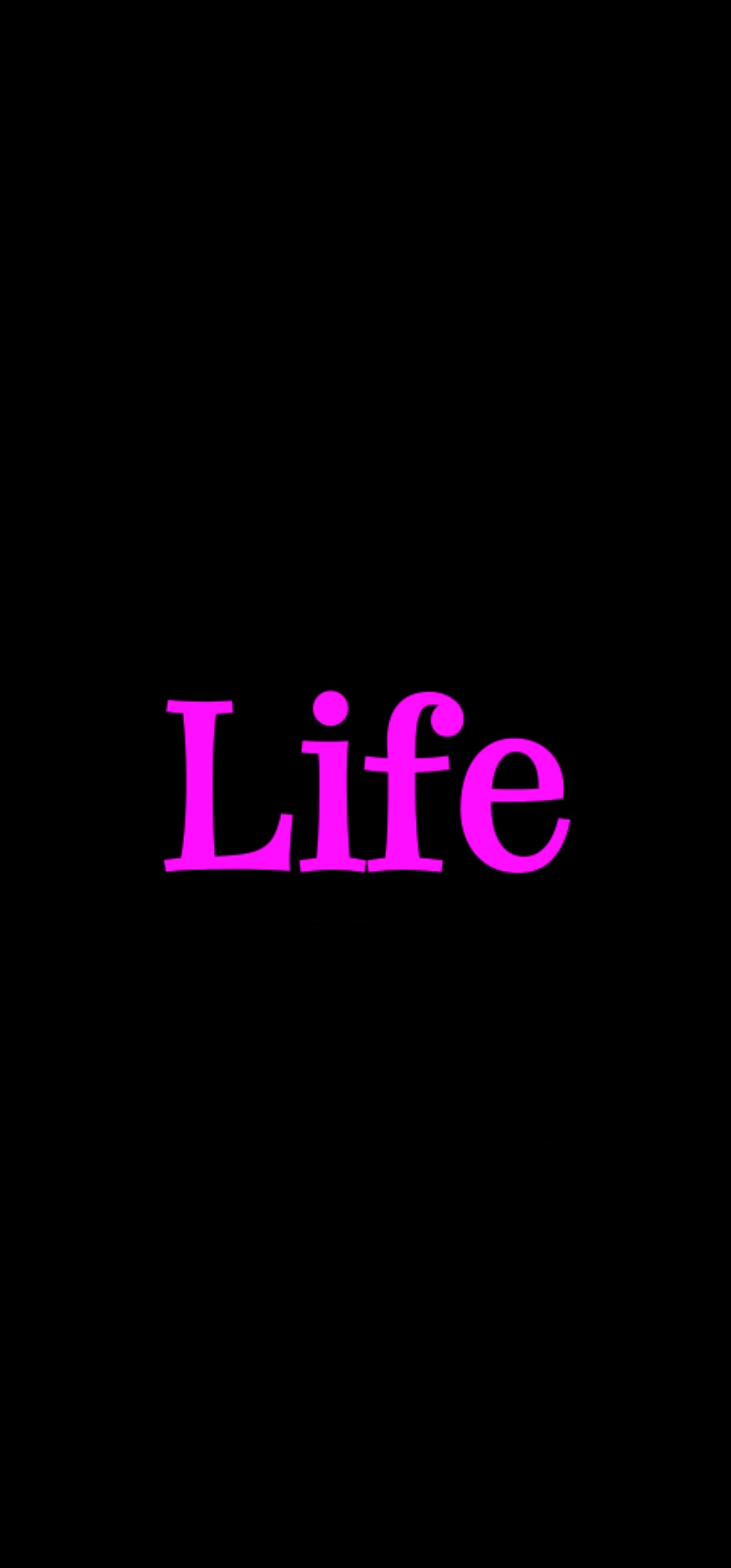 1·3 months ago
1·3 months agoOne thing I wanted to figure out more with cooking is how to freeze stuff because a lot of foods tend to ripen quicker than I can use them if I’m not careful

 2·3 months ago
2·3 months agolol did you become more courteous due to the exercise?!
do you use ai to help you write or get ideas
do you have a routine for writing, like do you write for an hour every day
I would probably enjoy reading your fiction lol

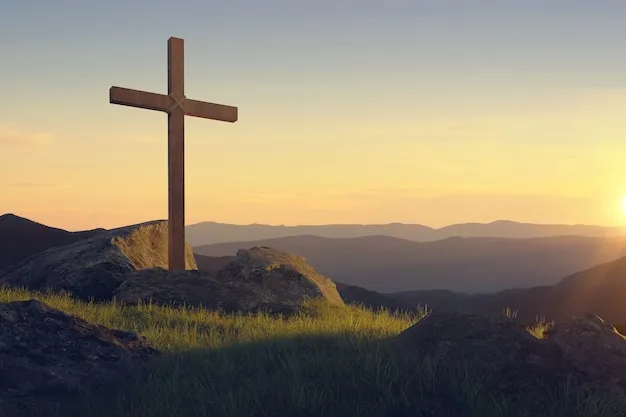 1·3 months ago
1·3 months agounfortunately he seems to desire to create a false unity rather than truly work out disagreements
 1·3 months ago
1·3 months agoI haven’t looked in to this, but commenting on title
it strikes me as non-religious people inventing religion for themselves; i.e. they don’t believe humans uniquely have souls so they are starting to try to think of animals and machines as “conscious” like humans (which they are not)

 2·3 months ago
2·3 months agoI mean, it sounds like maybe their medical system is more messed up than that this was all that fraudulent (assuming these were overweight people prescribed the drug for losing weight)
of course I think ozempic is a gamble and fasting is a better free and accessible alternative (excepting a minority of cases of people who can’t fast due to medical reasons)

 2·3 months ago
2·3 months agolol, and of course it’s building on nostr!
i feel like no one can accurately predict this and we kind of don’t know what agi even is (or, with some definitions I see, AGI truly seems impossible to ever accomplish)

 2·4 months ago
2·4 months agorelated: https://www.preciousplastic.com/
but they do have a strong backbone? 🤔️

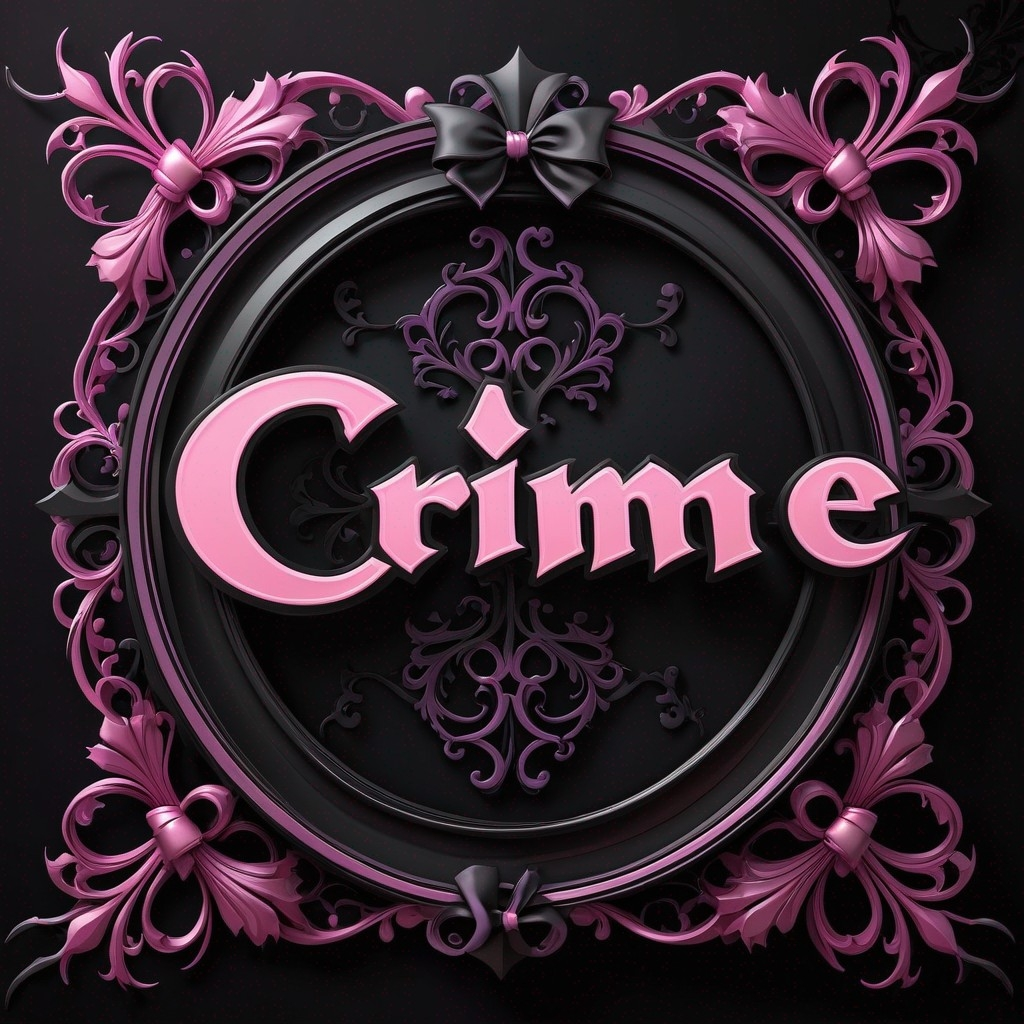 5·5 months ago
5·5 months agotitle gore
that makes us anticom in response to their antifa

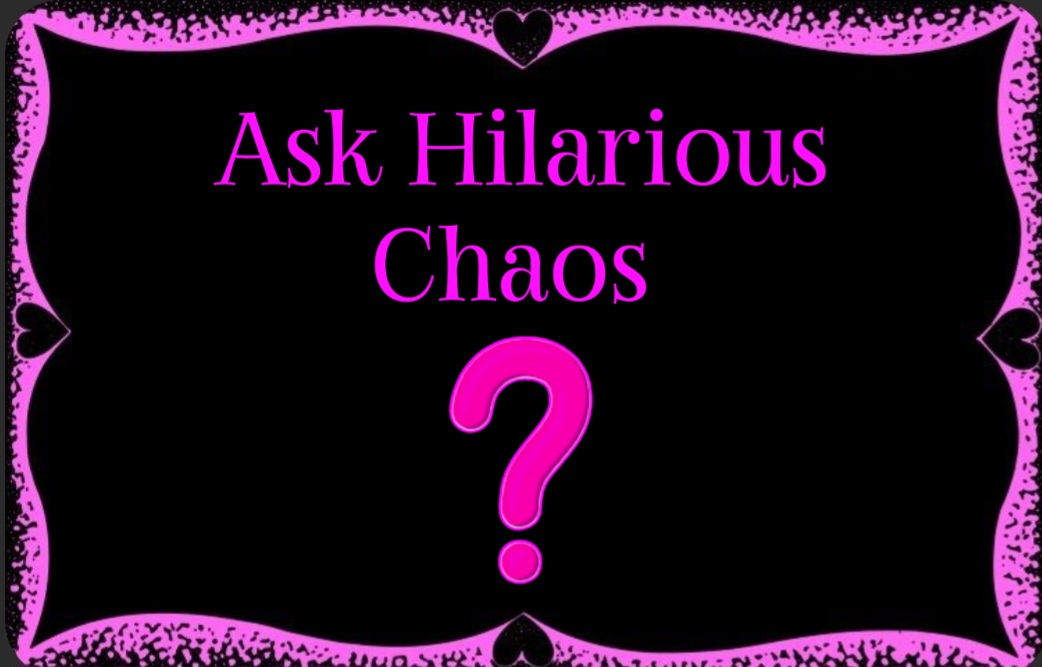 3·5 months ago
3·5 months agostruck in traffic forever
“Let not your heart be troubled” John 14:1
“Rejoice in the Lord always; again, I say, rejoice.” Phillipians 4:4
An Act Of Hope (Catholic prayer)
O my God, relying on Thy almighty power and infinite mercy and promises, I hope to obtain pardon of my sins, the help of Thy grace, and life everlasting, through the merits of Jesus Christ, my Lord and Redeemer. Amen
St. Jude is the patron of hopeless cases (Catholicism)
“By their fruits you shall know them. Do men gather grapes of thorns, or figs of thistles?” Matthew 7:16
“But the things which proceed out of the mouth, come forth from the heart, and those things defile a man.” Matthew 5:18
allegedly Padre Pio said something like “if people only knew the value of suffering, they would seek only to suffer”
however people ought to seek to do God’s Will ultimately, whether God wants them to suffer or not
Christ manifested His Love for mankind by suffering and dying out of a love for others: “Greater love than this no man hath, that a man lay down his life for his friends.” John 15:13
Another comment talks about “pointless” suffering; arguably such a thing doesn’t exist. Such suffering is willed by God for some purpose: as an opportunity to express one’s love for others like Jesus, as a trial, as an effect of sin, and so on.
Naturally many of the virtues are ordered often towards alleviating certain sufferings of others:
The Good Samaritan helps the person who was suffering due to being harmed and stolen from (Luke 10:25–37). Parable of rich man and Lazarus is about the poor man Lazarus who suffers due to the greed of the rich man, and hence is rewarded with heaven for enduring sufferings (Luke 16:19–31). The book of Job recounts the sufferings of the trials that Job undergoes before being blessed by God for his endurance under difficulties.
Many athletes suffer in their athletic pursuits and recite quotes like “no pain, no gain”.
Hence: the value of enduring suffering as an expression of love and of doing good unto others
I’ve heard people quote St. Francis of Assisi as saying “Preach the Gospel. If necessary use words”




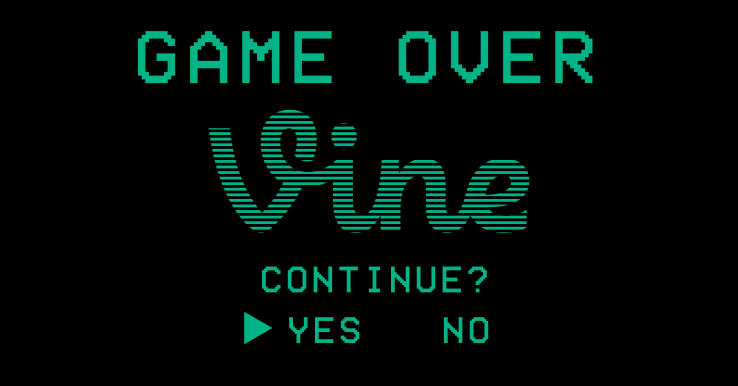
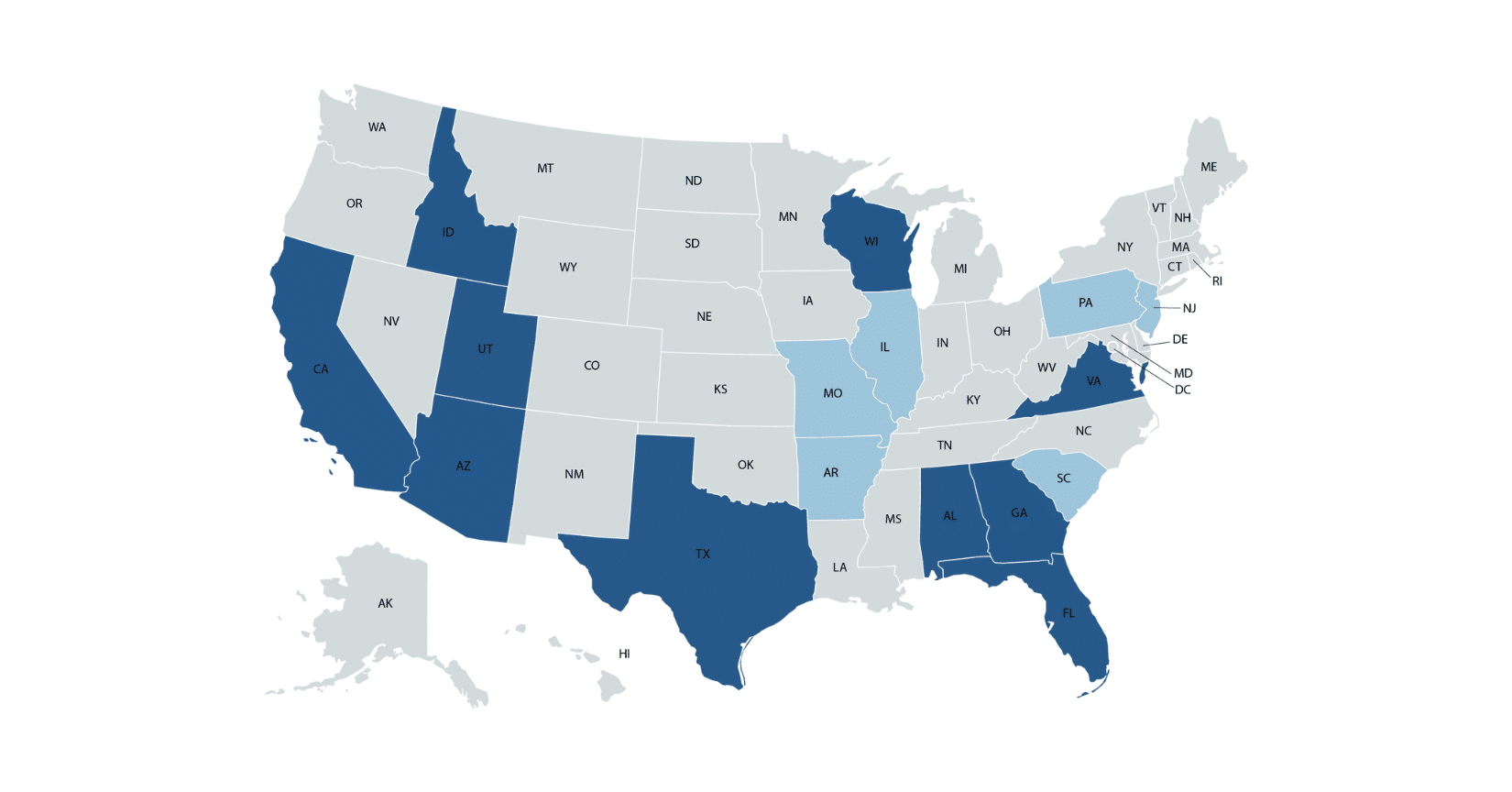






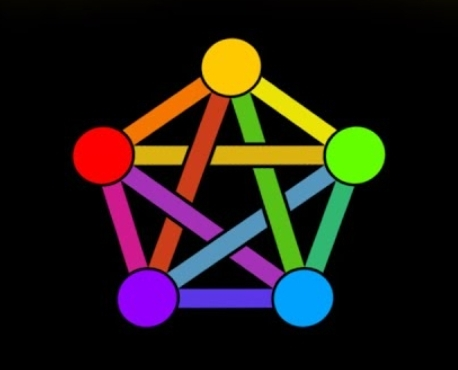
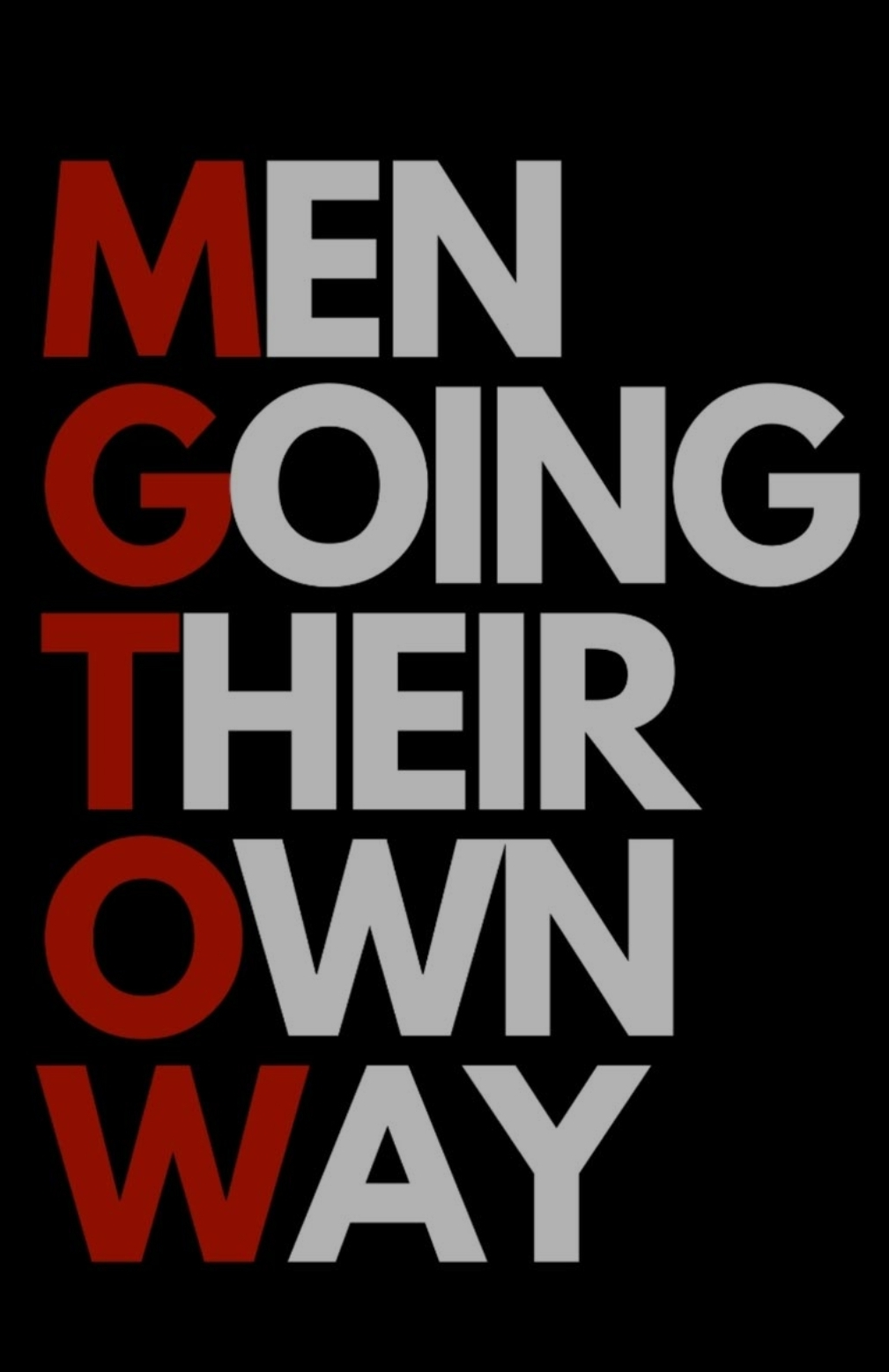

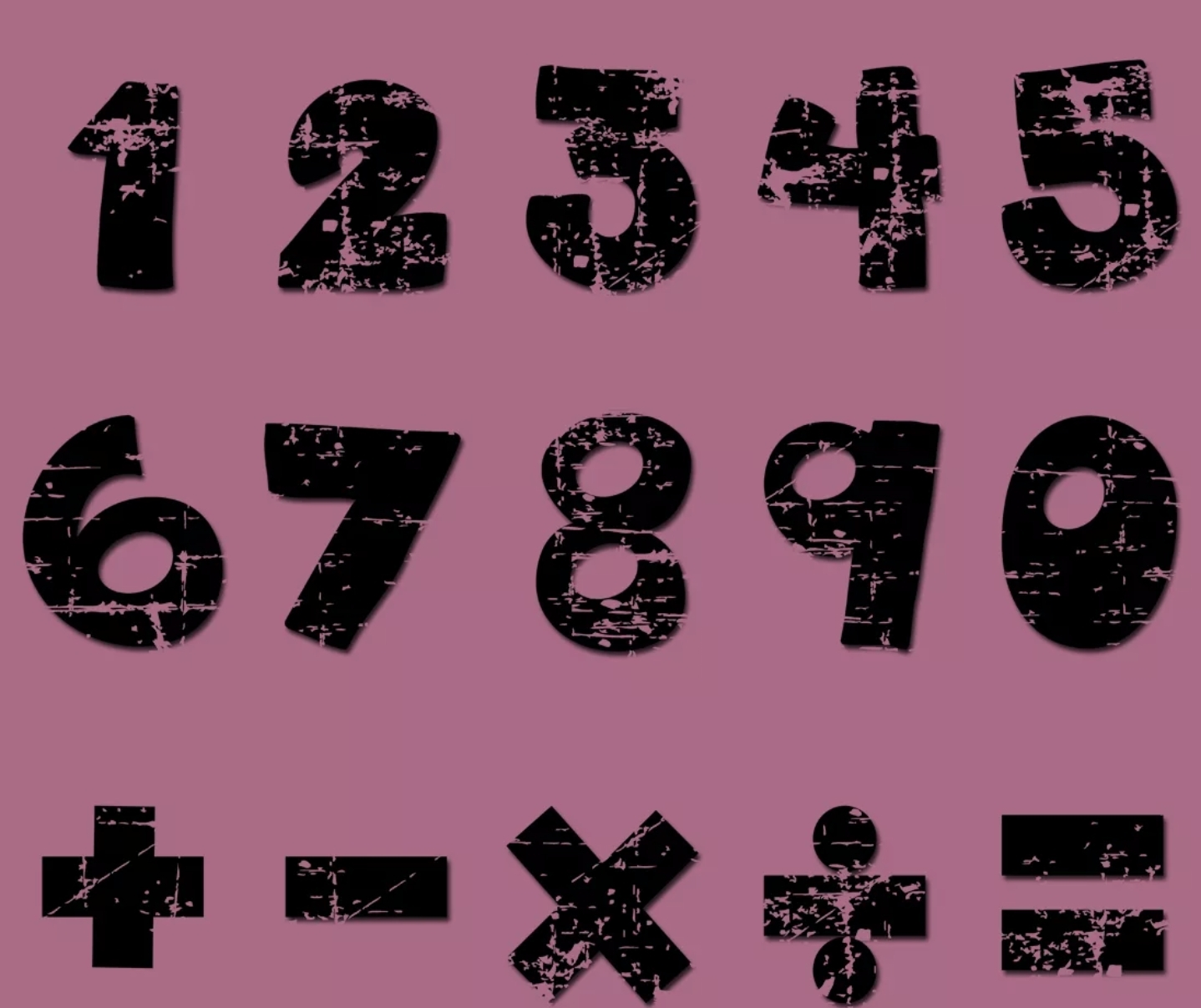




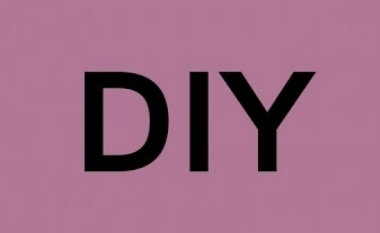

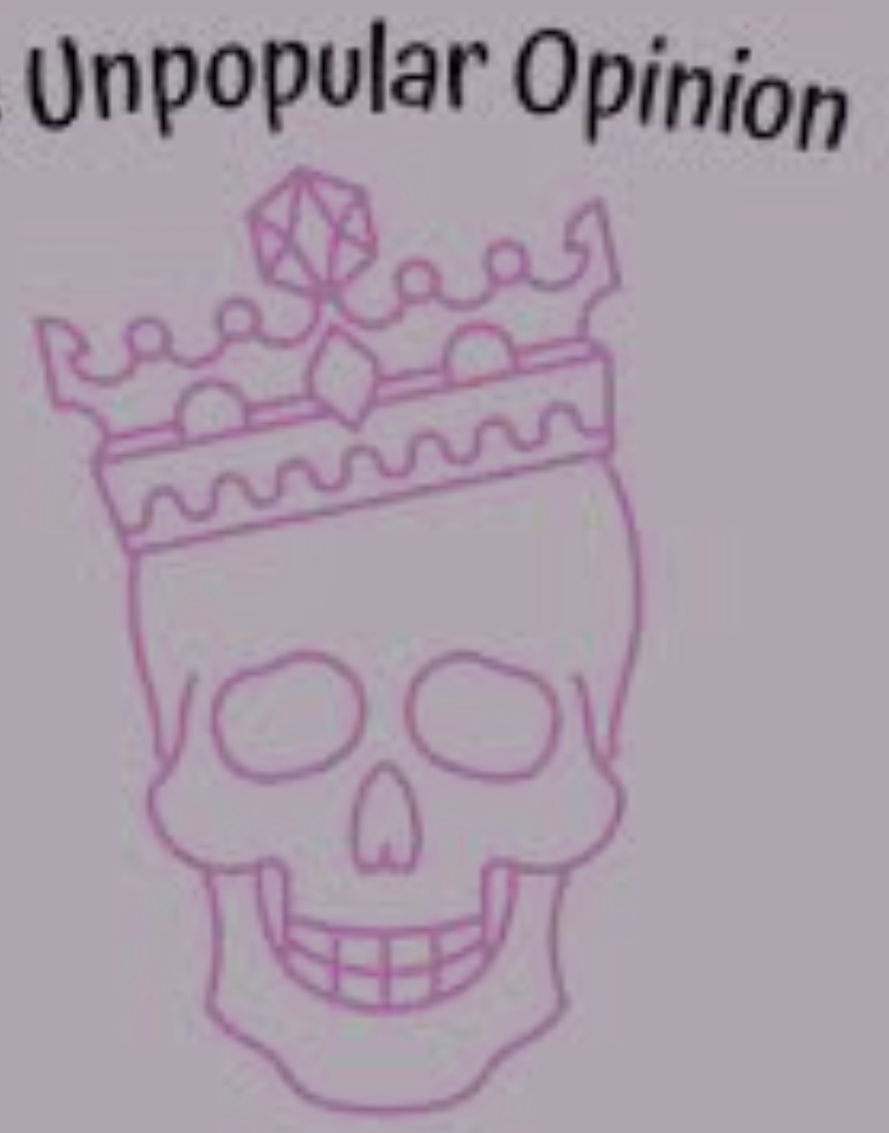



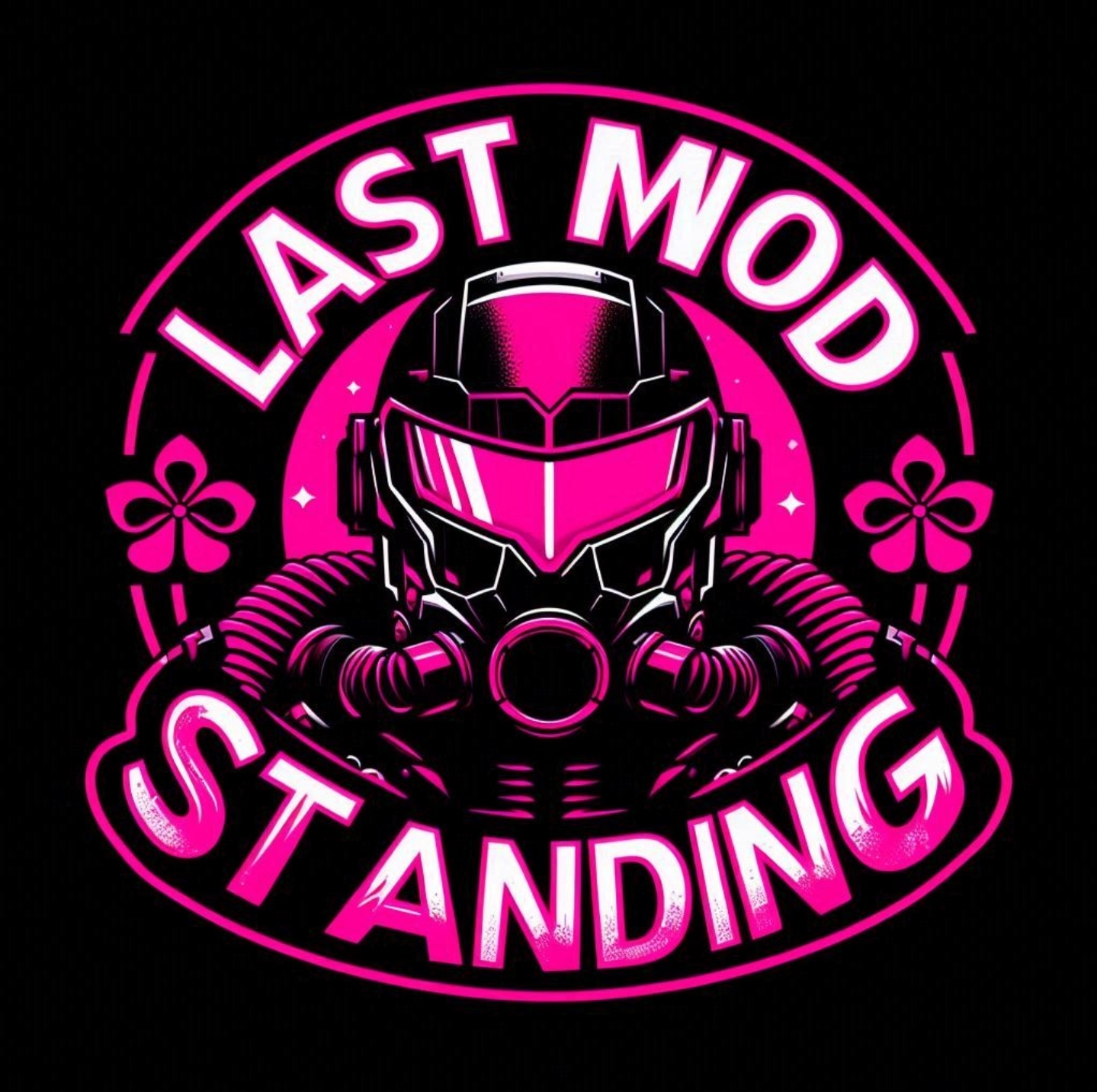
good luck and God bless, fren